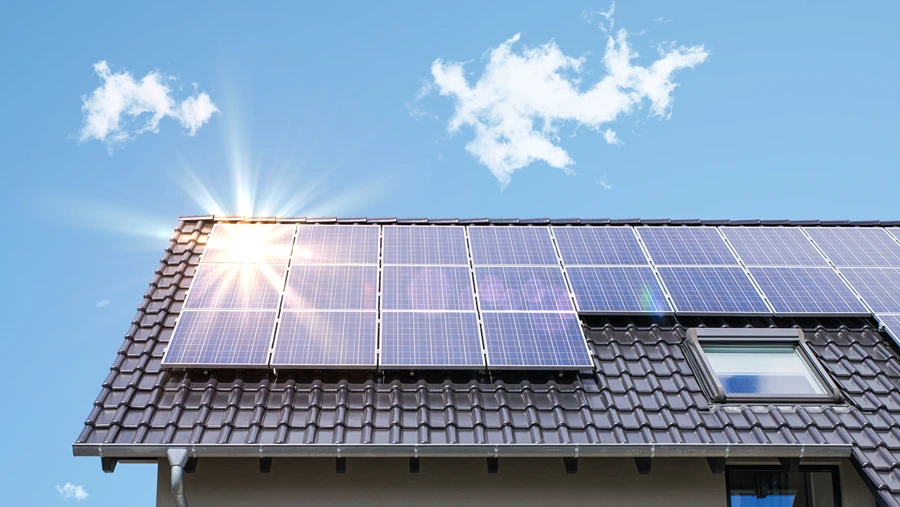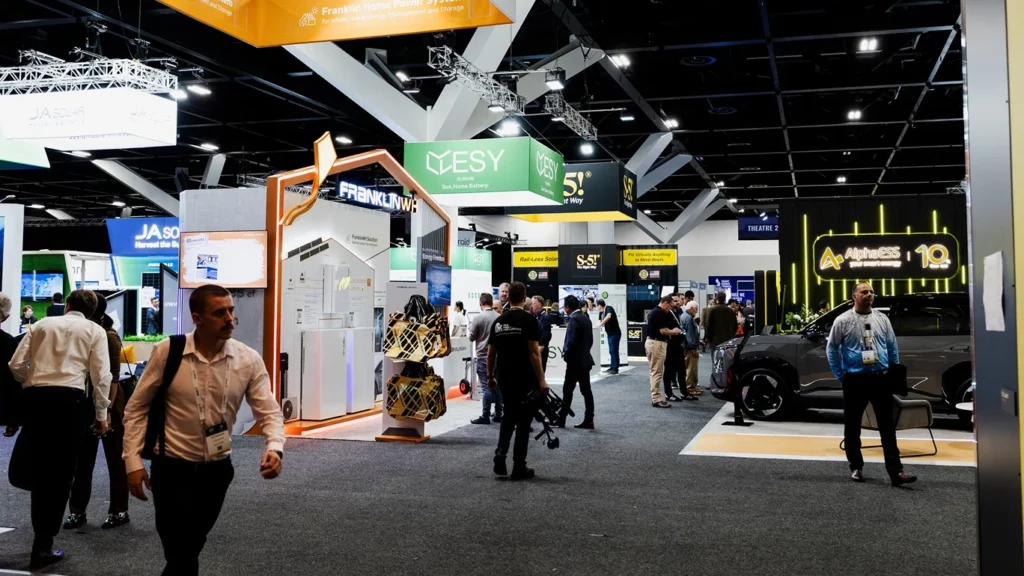The Smart Energy Council supports the consumer energy industry by advocating for progressive policies, promoting high standards through programs like Positive Quality, and driving the adoption of renewable technologies such as solar, battery storage, and smart energy solutions. Through professional development, industry certification, public awareness campaigns, and lobbying for financial incentives, the Council empowers consumers and businesses to embrace clean, affordable, and reliable energy, while fostering a sustainable energy future for Australia.

We have made life easy by collecting all government and industry websites with useful information on consumer energy policies, rebates and more in one easy place!
Learn more about the first PV solar panel recycling pilot in Australia.
Everything you need to know to enroll as an installer in the pilot and become a part of the solutions.
Stay up to date with the latest announcement from the Labor government to make batteries more affordable for all!
A program focused on ensuring high standards and consumer confidence in solar and battery installations by recognising products and services that meet rigorous quality benchmarks.

Empowering households and businesses with access to affordable, efficient, and renewable energy solutions.
Driving investment in utility-scale solar, wind, and storage projects to accelerate the transition to 100% renewable energy.
A program for solar and battery professionals providing training, certification, and industry best practices.
Supporting policies that drive investment in EV infrastructure and fuel efficiency standards.
Focusing on decarbonising Australia’s critical minerals, green hydrogen, and renewable gas industries.
Championing stewardship, reuse, and recycling initiatives to ensure lifecycle management of solar panels, batteries, and other renewable technologies.
Partnering globally to support investment, trade, and collaboration to accelerate the transition to a clean energy economy.
Receive the latest smart energy updates, networking opportunities, and industry news straight to your inbox.